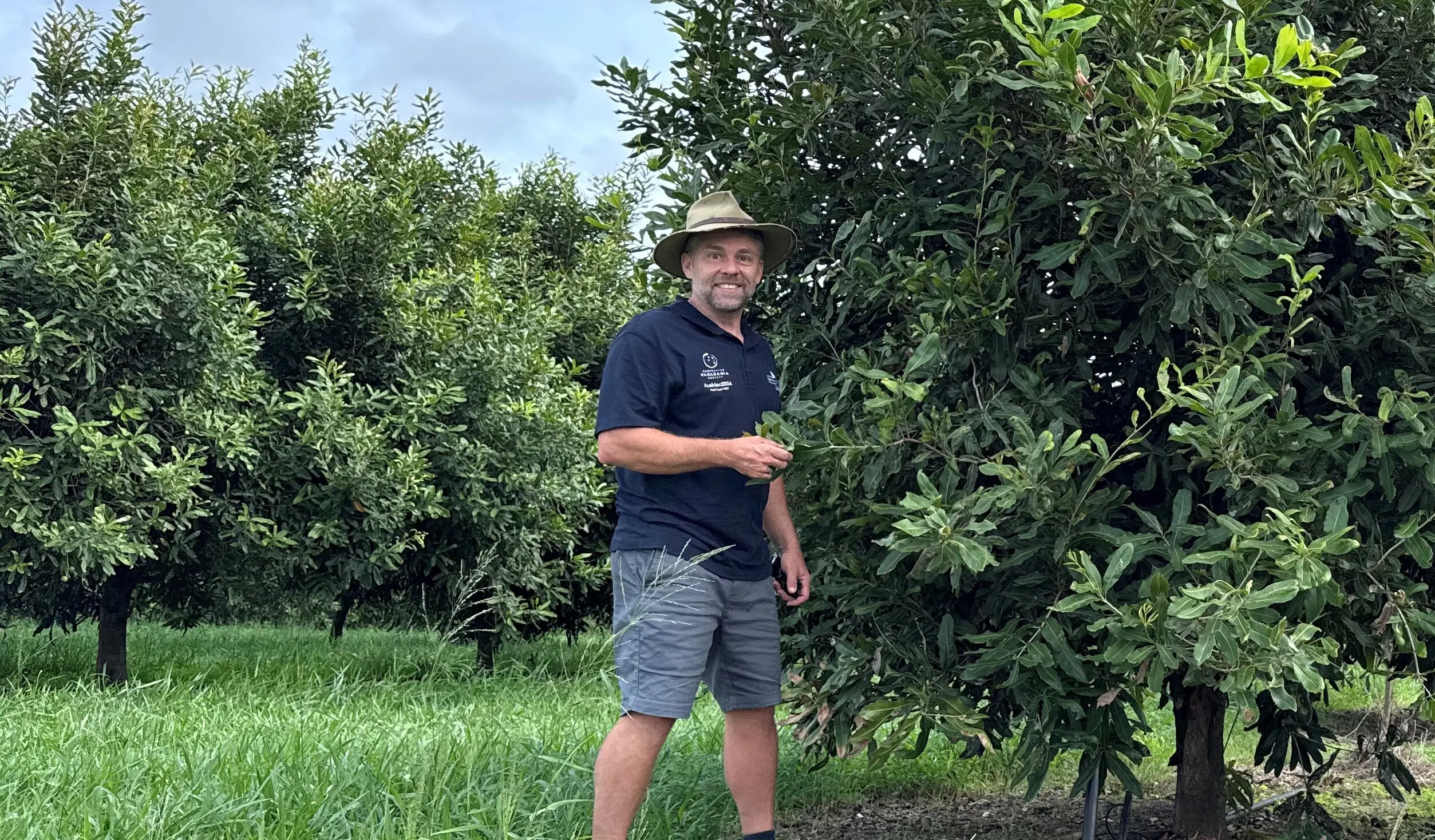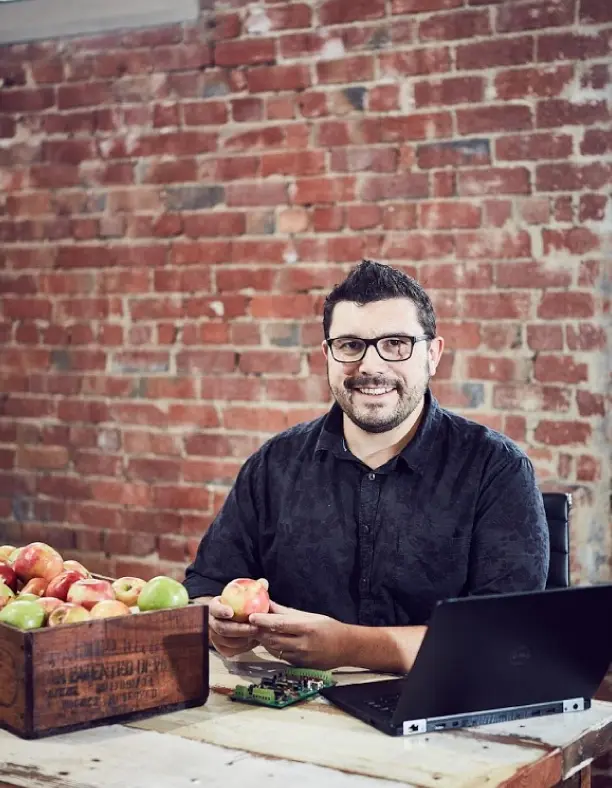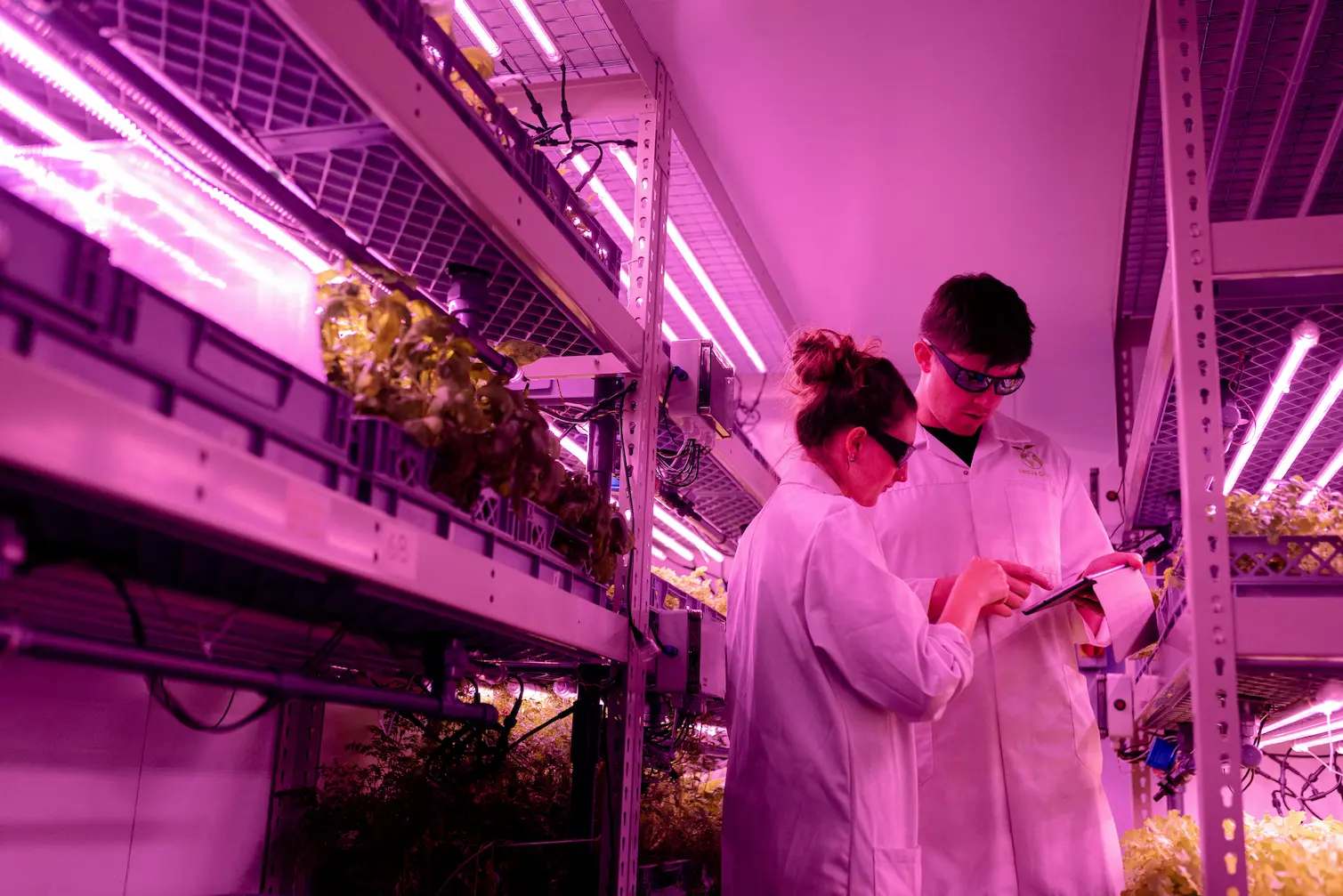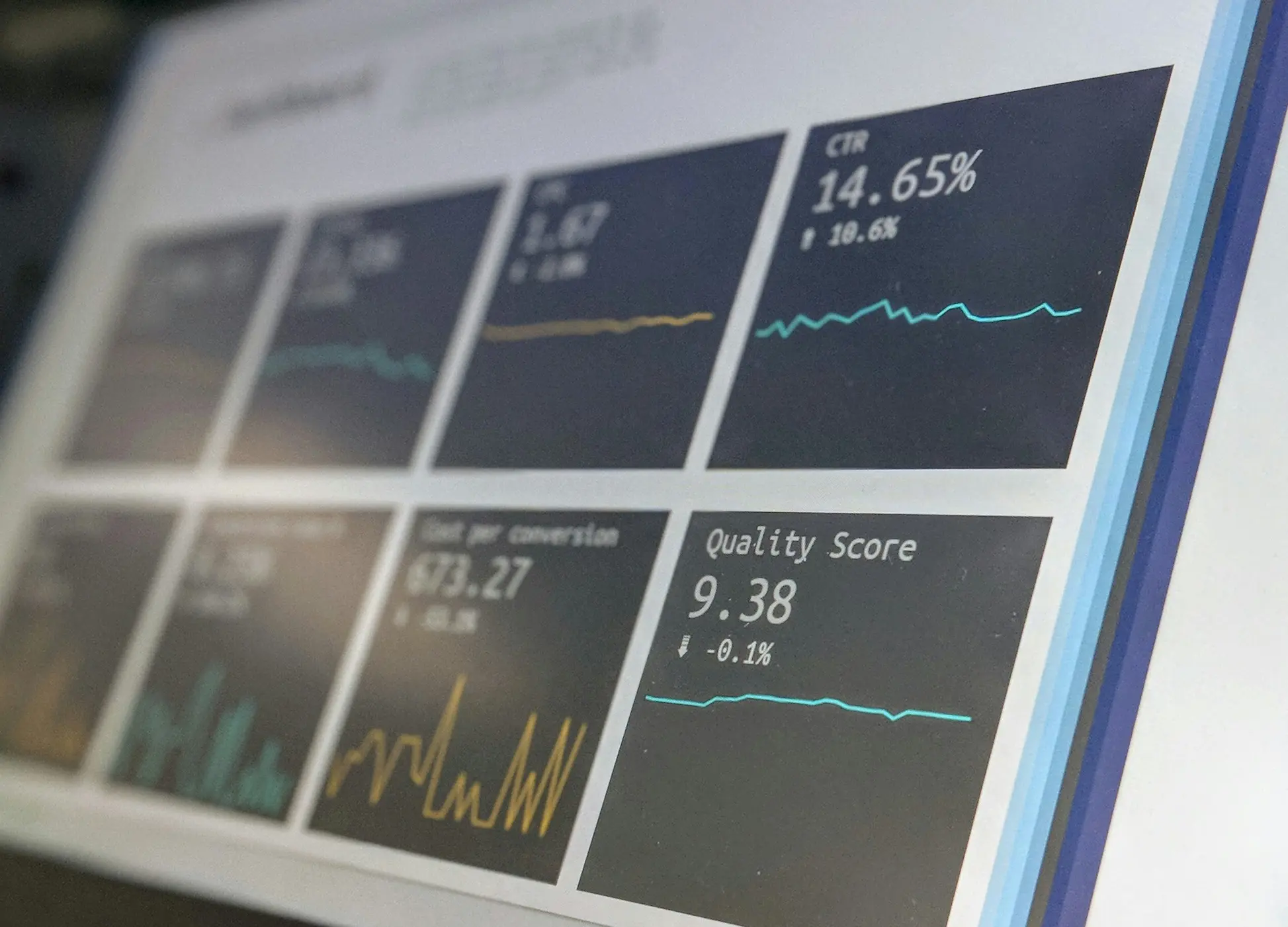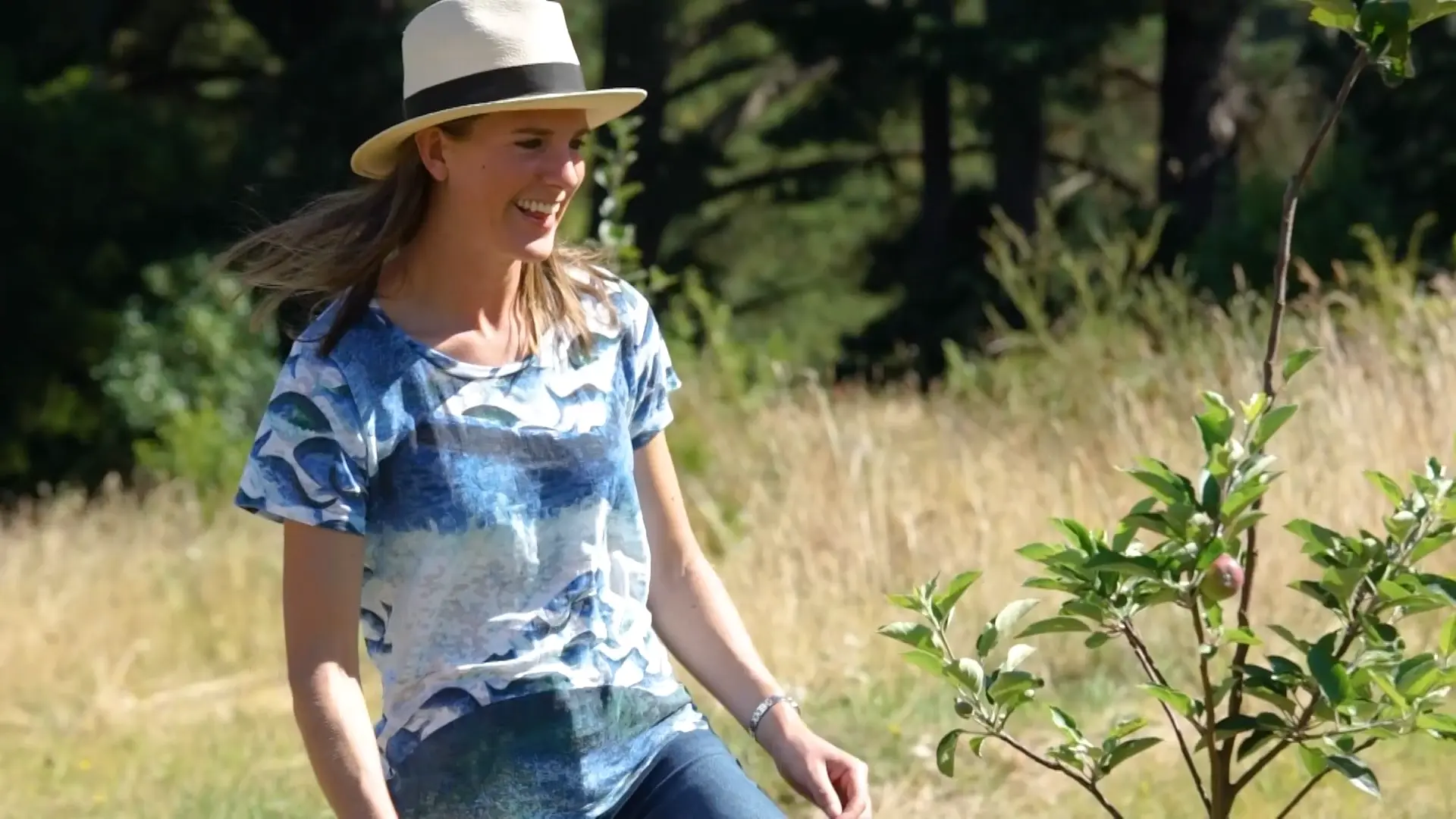The Career Pathways
A data scientist in horticulture focuses on leveraging data analytics and sensor technology to enhance decision-making, optimize production, and improve sustainability. They work with large datasets, including crop performance, environmental conditions, and supply chain logistics, to develop insights that support efficiency and profitability. Their role involves processing and interpreting data, designing predictive models, and collaborating with growers and industry professionals to integrate technology-driven solutions into horticultural practices. A strong foundation in coding, data management, and analytics is essential for success in this field.
Founder and CEO of Rubens Technologies
Daniel Pelliccia
Q&A with Daniel Pelliccia
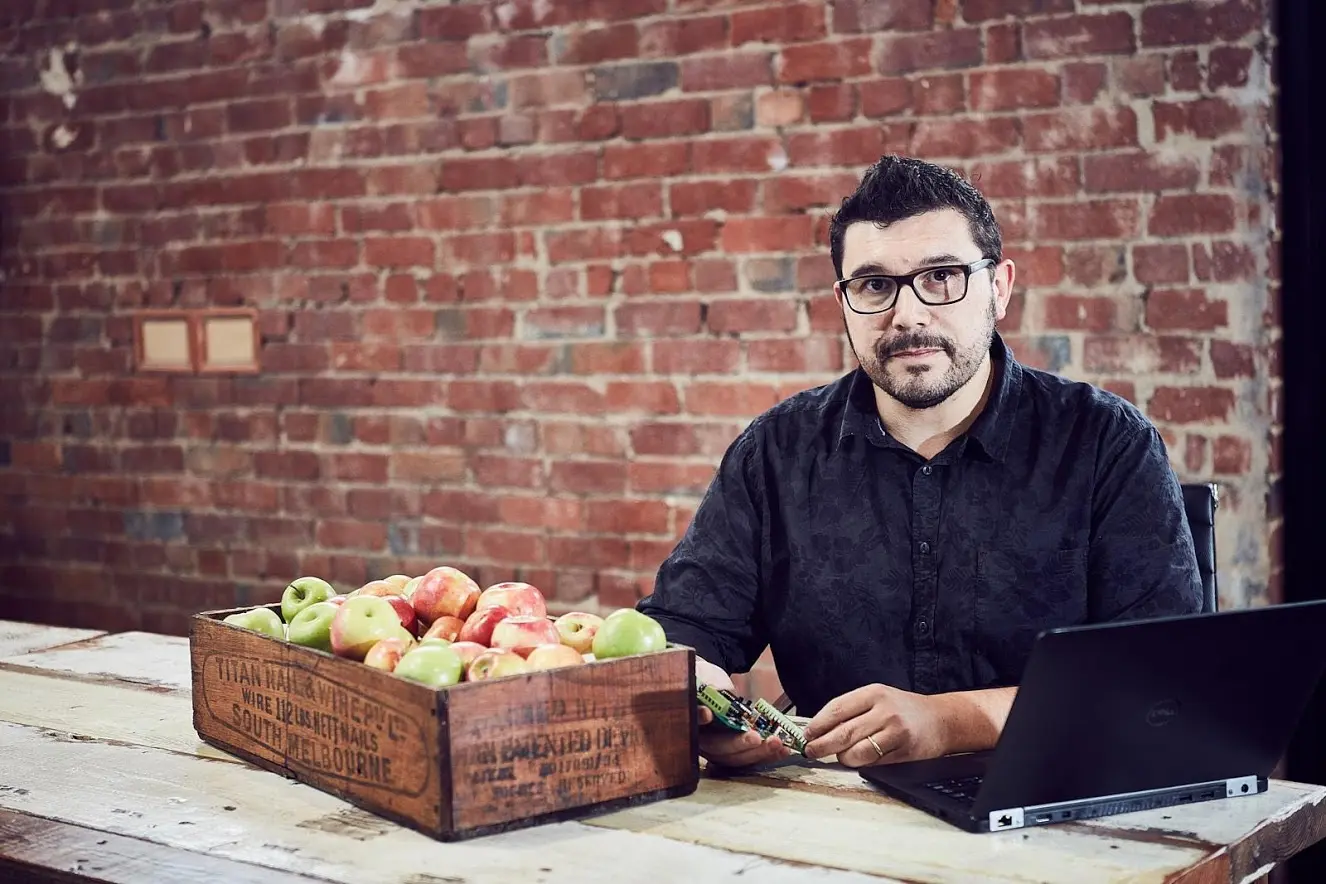
Research Fellow, Griffith University, Queensland
Michael Farrar
Q&A with Michael Farrar
1. Hyperspectral imaging technology, a spectroscopic technique originally used in pharmaceuticals and petrochemicals, which is now being developed for applications in agriculture and food processing. It can be used to help assess soil health, crop and post-harvest quality, and ultimately optimise our agricultural processes.
2. Soil science and biochar, where we are developing biochar-based fertilisers for use in agricultural systems. Biochar is a carbon rich material produced through the pyrolysis of organic matter, and we are studying its benefits in improving soil fertility, reducing nutrient leaching and fertiliser use and therefore overall sustainability of our food systems.
I also have the option to work from home frequently, which provides flexibility. I live about two hours from my university office, so remote work allows me to balance research, meetings, and writing without constant travel.
Another key lesson is communication. Working in agricultural research requires engaging with people from diverse backgrounds—scientists, farmers, policymakers, and industry leaders.
Understanding different perspectives and aligning on common goals is critical to success.
